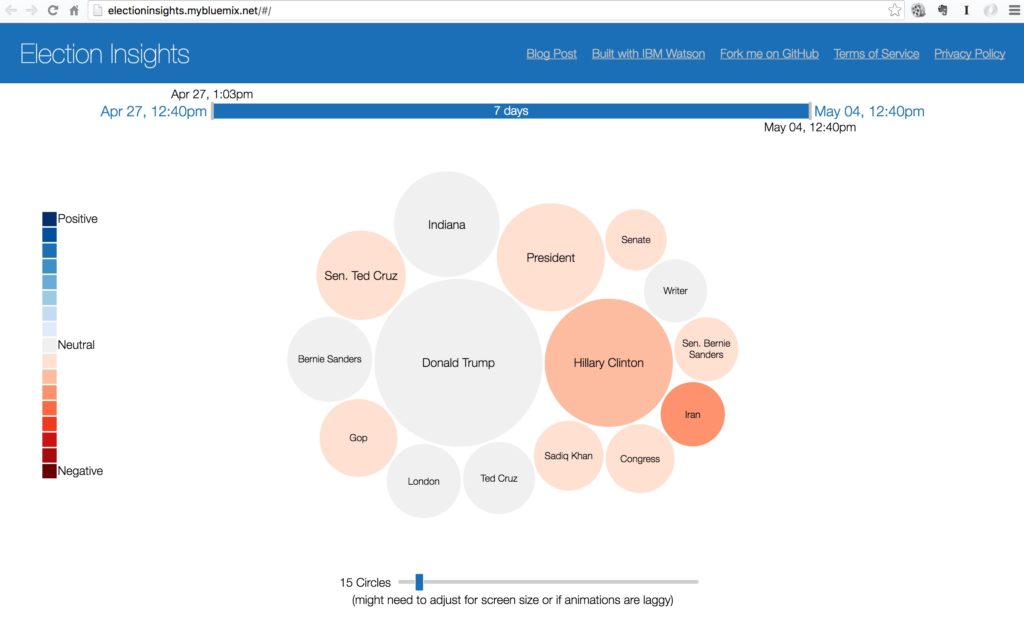Please, commissioner candidates, don’t do us any favors. Don’t promise to make plans for us, be they masterful or otherwise. Your predecessors have made too much mess with plans for us already. Don’t promise to make Elbert County more effective so it can collect more taxes and haul in more revenue from the citizens. We citizens already think government hauls in too much from us. Don’t promise to get along with each other so that the commission can agree on doing more to the citizens of Elbert County. We don’t want you to do more. We want you to do less to us. Don’t promise us more government. We want less government – the exact opposite of what most of you were promising.
As true today as in 1849 when first penned, “That government is best which governs least…”, Thoreau’s Civil Disobedience.
After viewing the Youtube vids from the multi-party commissioner candidate forum the other night, with all of the promises, plans, accusations, and elucidations, you’re all courting power, evidently imagining yourselves qualified to dictate to other people indistinguishable from yourselves.
I can imagine who told you this is what Elbert County needs and wants – the usual pro-planning, pro-government, country-in-county, NIMBY, something-for-nothing, folks who publish our local fishwraps, who think grant money is the route to profitability, who work daily to keep Elbert County stuck in the last century.
Elbert County is beautiful. But it’s also a wasteland with no viable economy and no affordable means for people to make a contribution to the modern world. That’s the legacy I heard most of you promise to uphold the other night.
Surely Elbert County could do more for the modern world than be a bedroom community for public employees, retired and punching coupons, or still employed by a public agency of some sort. In most other parts of the world, people actually have to make a contribution to society to survive.
I’m waiting for one of you commissioner candidates to promise to not sustain the Potemkin Village of Elbert County.



































































